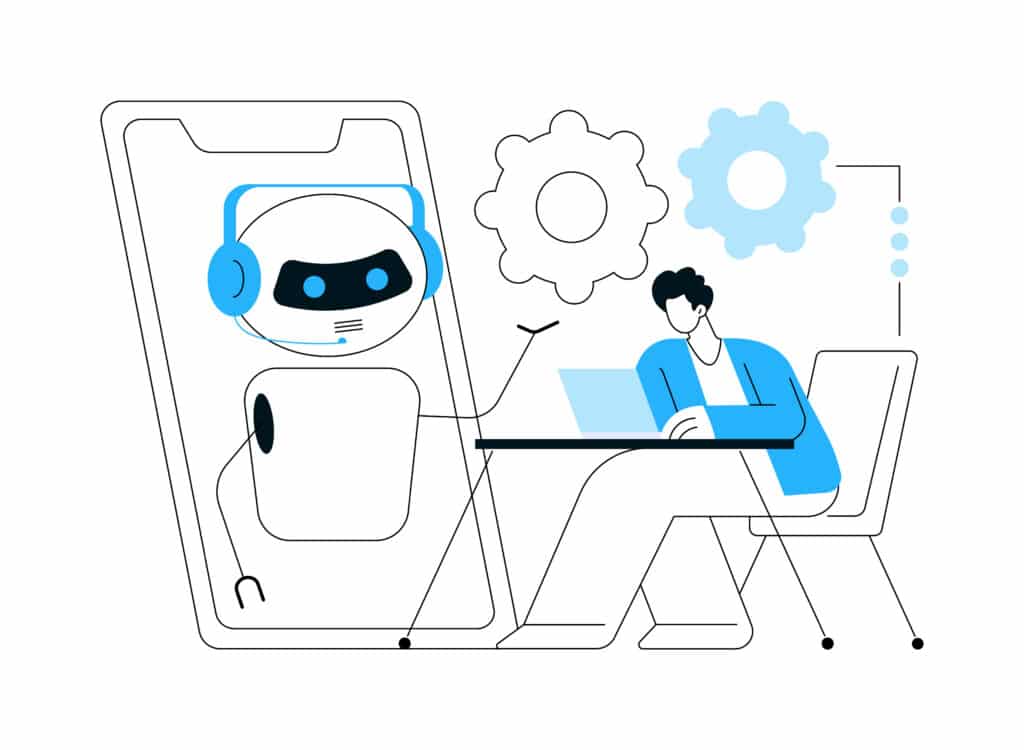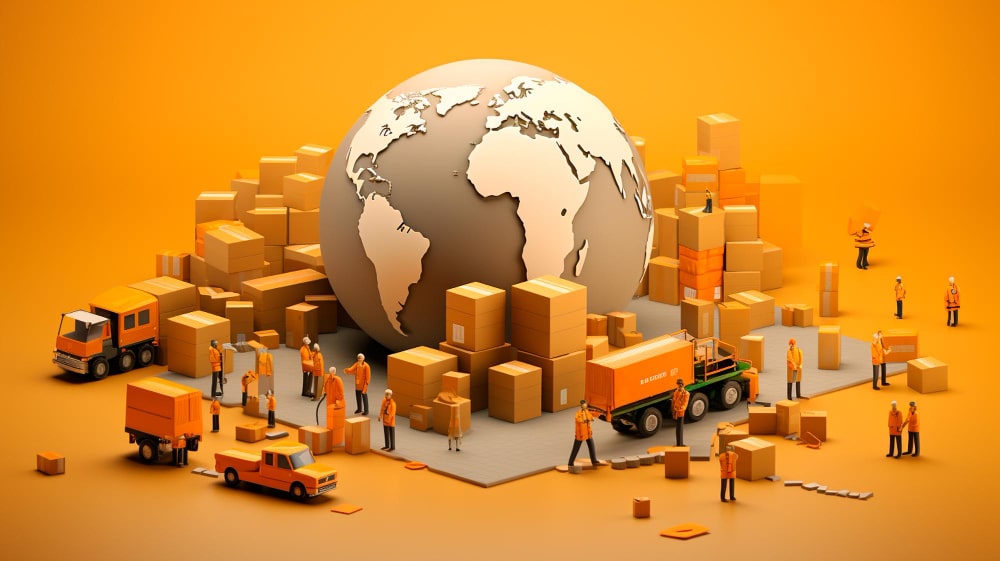If you’re a customs broker, trade compliance manager, or legal advisor, youʼve probably wondered if AI, machine learning, or predictive analytics will soon make parts of your job obsolete. With AI-driven solutions automating manual processes across industries, asking “Will AI take my job?ˮ is a valid concern in todayʼs fast-paced world of international trade operations.
But hereʼs the truth: AI isnʼt here to replace humans. Itʼs here to support human. In this article, let’s explore how AI is transforming the trade compliance landscape, why human intelligence is irreplaceable, and how smart collaboration between humans and technology solutions can increase accuracy, reduce human error, and bring more value to your role.
What AI can (and can’t) do in trade compliance
AI is fantastic at specific tasks. Think of the tedious parts of your day. Those repetitive duties that seem to eat up hours but don’t require unique expertise. This is precisely where AI shines:- Accurate product classification: AI assists with tariff classifications, Export Control Classification Numbers, and HS code classification by analyzing trade data and applying the right classification process for customs and export documentation.
- Spotting unusual transactions: AI identifies patterns and immediately flags when something doesn’t look quite right, perhaps a value that’s unusually low or a suspicious transaction pattern.
- Scanning and extracting information: From invoices to certificates of origin, AI quickly and accurately pulls out necessary data, freeing you from hours of paperwork.
- Real-time regulatory updates: AI systems constantly monitor regulatory changes, instantly alerting you to any significant shifts.
- Navigating legal and regulatory nuance: Trade regulations are rarely black and white. AI can’t interpret the nuances of trade compliance the way you can.
- Handling exceptions and ethical considerations: AI lacks the moral reasoning needed for ethical sourcing, sanctions, or export controls.
- Ethical considerations: When faced with sensitive scenarios, such as sanctions or embargoes, AIʼs judgment falls short; these decisions require your critical thinking.
- Accountability: You remain responsible for ensuring compliance with legal standards, compliance standards, and environmental standards.

How human-AI teamwork makes your compliance role better
Human-AI collaboration is commonly known as the human-in-the-loop model. Itʼs not just a trendy term; itʼs a practical, effective way to enhance your daily workflow. Here’s how:
- AI learns from trade professionals: Every time we confirm or correct an AI suggestion, the AI gets smarter and more accurate, becoming a more helpful assistant over time.
- Strategic advantage: AI gives us the freedom to analyze trade regulations, respond to geopolitical tensions, and adjust to changing trade agreements.
- Enhanced decision-making: AI can help simulate scenarios (such as how changes in tariffs affect costs) quickly and accurately, supporting strategic advice to stakeholders.
- Real-time decision support: Virtual assistants and AI tools help simulate trade scenarios, enabling faster decisions in cross-border trade and supply chain activities.
Letʼs say thereʼs a sudden new tariff on electronic goods. Rather than spending days manually reviewing paperwork, AI frees us up to quickly assess the broader implications. Customs agents can then proactively recommend new strategies to minimize risk or even capitalize on opportunities that competitors might miss.
What AI can’t replace: the human edge in trade compliance
AI will transform how trade compliance teams operate, but it wonʼt eliminate them. Hereʼs what humans bring that AI canʼt:
- Strategic insight into international trade agreements and trade laws
- Ethical decision-making in situations involving embargoes, export license requirements, or sensitive jurisdictions
- Human judgment in areas where rules of origin, license requirements, or party lists are not clear-cut
- Communication and collaboration with agents in trade compliance, customs brokers, and supply chain partners.
Letʼs embrace the future together
The future of trade compliance isn’t about AI replacing people. Whether you’re a customs professional, or part of a trade compliance team, AI can help you regain control, reduce risk, and reclaim valuable time.
At Be Informed, we bring this human-AI collaboration to life through our International Trade and Transport Compliance Solution (ITTS). Designed for air carriers, freight forwarders, and logistics providers, ITTS utilizes AI to assist with product classification. ITTS enables the compliance team to handle their tasks efficiently and accurately. From processing regulatory changes in real time to validating documentation and routing decisions, ITTS streamlines compliance workflows. Reducing manual effort, minimizing delays, and enhancing operational efficiency.
Letʼs embrace the evolving trade landscape together and ensure seamless, ethical, and legally sound international trade practices.









